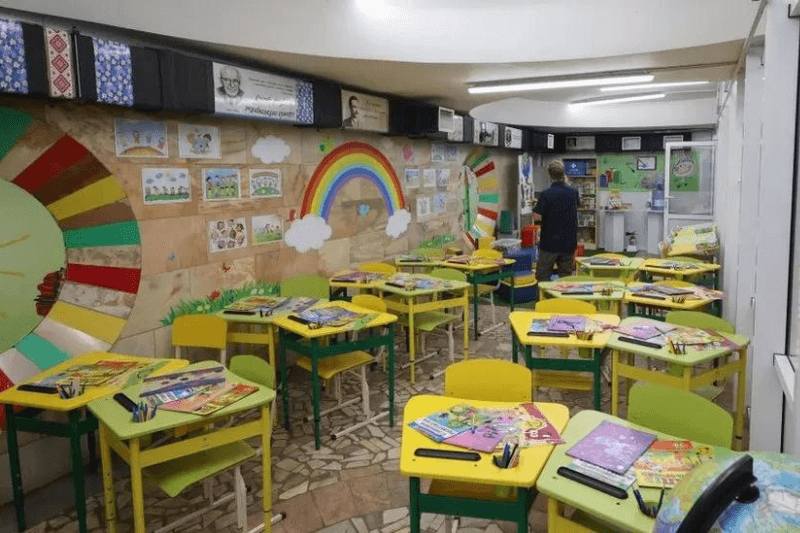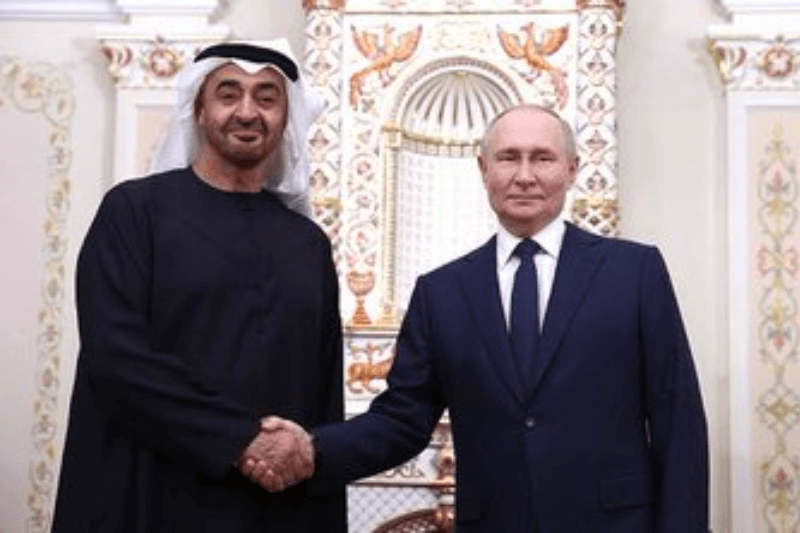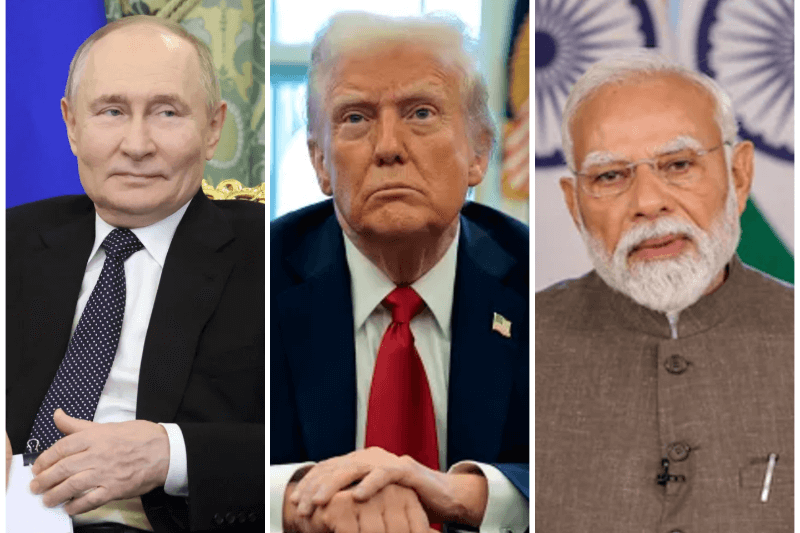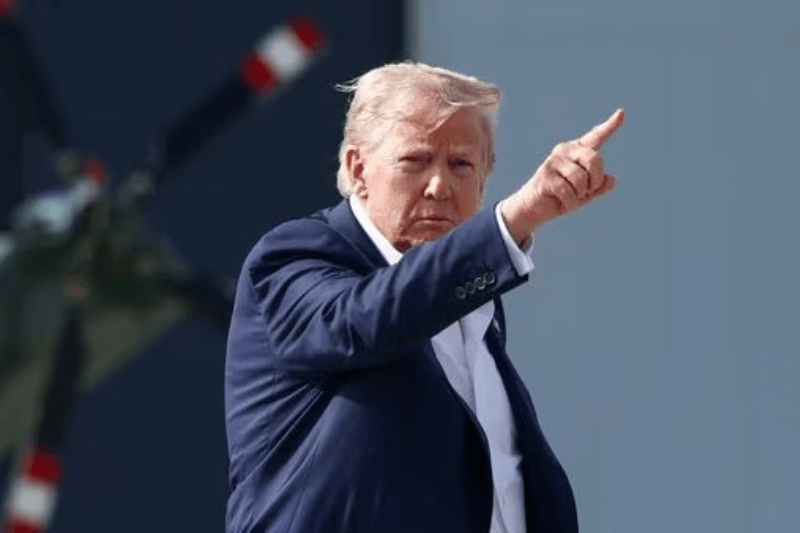
Ukraine To Get Its First Fully Underground School To Avert Missile Threats
Ukraine’s eastern metropolis of Kharkiv is set to build the country’s first fully underground school to enable thousands of children to “continue their safe face-to-face education even during missile threats,” Mayor Ihor Terekhov wrote on Telegram.
Before Russian forces marched into Ukraine in February 2022, Kharkiv had a population of more than 1.4 million. Parts of the country’s second-largest city lie less than 35 km from the Russian border, facing near-daily Russian rocket and missile attacks.
While many schools in the frontline regions have been forced to teach online, Kharkiv has organised about 60 separate classrooms throughout its metro stations before the school year that started on September 1, creating space for more than 1,000 pupils.
“Kharkiv Is The Most Intelligent City In Ukraine”
Before the start of this school year, Kharkiv authorities hit on a simple plan to use the city’s deep metro system to bring in-person school back. Terekhov said the new underground school would “meet the most modern regulatory requirements for protective structures.”
However, it remains unclear how big the institution will be or when it will open. But the mayor said funding for schools would not be cut this year or next, adding: “Kharkiv is the most intelligent city in Ukraine” thanks to its educational community.
Russia’s ‘Special Military Operation‘, which has no end in sight, has killed thousands and displaced millions of civilians. Ukraine’s Ministry of Education says nearly 3,800 institutions have been damaged and 363 destroyed throughout the country.
EU Proposes €5 Billion Aid Package For Ukraine
The news on the first underground school has come against a backdrop of the European Union proposing a €5 billion military aid package for Ukraine, as well as training for fighter pilots, after a “historic” meeting of EU foreign ministers in Kyiv.
“I don’t see any member state faltering,” Josep Borrell, the EU’s high representative for foreign affairs, said on Monday, reinforcing a declaration by NATO Secretary General Jens Stoltenberg on Friday that he was confident Slovakia and Poland would continue to support Ukraine.
Borrell’s comments came after EU foreign ministers held discussions with Ukrainian President Volodymyr Zelensky. Apart from meetings at the UN, it was the first time they had gathered outside EU territory and the first informal summit to take place in a war zone.




